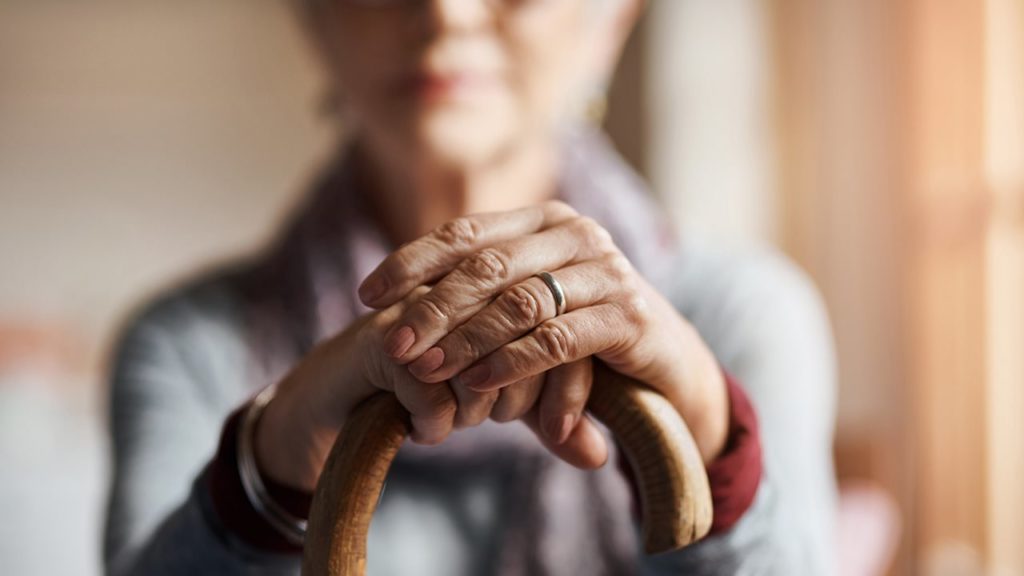(BPT) – Fire safety is important for all ages, but it’s especially crucial for seniors. The more advanced in years, the higher the risk related to fire safety and evacuation. This can be especially true for individuals with symptoms of Alzheimer’s and other dementia.
Older adults are at increased risk from home fire injury — by age 65, they are at 2.5 times the risk, and by 85, at 4 times the risk as compared to the population at large.

To address this concerning trend, Kidde is sharing critical fire education to help older adults and their caretakers have confidence in their safety. Notably, older populations are growing rapidly.
Seniors are particularly at risk of home fire injuries due to a variety of factors, like living independently as well as decreased mobility and other sensory functions. When living alone, older adults may be unable to install and maintain smoke alarms.
Additionally, in today’s home environment, where common items are made from synthetic materials, occupants have as little as two minutes to escape. Escaping is even more critical with home fires burning eight times faster and producing 200 times more smoke than a fire would have 50 years ago. Making sure seniors, especially those with cognitive or mobility issues, are effectively prepared and equipped to evacuate quickly can be lifesaving.
“Keeping older loved ones safe is a priority. We encourage older adults and caretakers alike to take preventive steps, such as ensuring residences have sufficient alarm coverage and everyone in the home knows what to do in case of a fire or carbon monoxide emergency. These important and critical steps can save lives,” said Sharon Cooksey, Fire Safety Educator for Kidde.
Kidde shares the following advice for older Americans and their caretakers:
- Keep escape essentials close by. Escaping quickly can be challenging for many older adults, and the majority of fatal fires occur when people are sleeping. Also, glasses, hearing aids, canes, and wheelchairs, should be kept close to the bed at night so they can be easily accessed in an emergency. In bedrooms, there should be a cell phone and charger nearby, along with a local emergency number if anyone is ever trapped by smoke or fire. Keep a flashlight and whistle near the bed to signal for help.
- Use first-floor bedrooms. Bedrooms for seniors should be in a room on the ground floor to make an emergency escape easier.
- Check escape routes. In case of an emergency, doors and windows in the home should open easily, and locks and pins should open from the inside. Know how to operate emergency release devices on any security bars on doors and windows, and check that windows haven’t been nailed or sealed shut with paint.
- Caution in the kitchen. Seniors are more likely to suffer injuries in kitchen fires compared to the rest of the population. Never leave cooking unattended, and turn off the oven and burners once finished. Also, consider programming kitchen devices to automatically shut off appliances after a set period.
- Consider interconnected alarms. Interconnected alarms “talk” — when one alarm in the group sounds, they all sound simultaneously. Interconnected alarms provide the earliest notification — additional escape time is especially important to some older adults. Bed shakers and strobe alarms are options for those with advanced hearing loss.
- Test alarms regularly. Make sure alarms are in the audible range. Test alarms weekly, and make sure all occupants can hear the test sounds in each room. If not, install more alarms to ensure coverage. At a minimum, alarms should be installed on every level of the home, in every bedroom, and outside each sleeping area.
If you have questions or are unsure, local fire departments or your State Fire Marshal’s office are great resources for free safety inspections. For more in-depth information on fire safety for seniors visit, visit Kidde.com/SeniorSafety.
South Mountain Memory Care focuses on high-quality, personalized care, and the safest possible environment for your loved one. South Mountain Memory Care is proud to offer a wide range of resident-focused daily activity programming to our residents. Each neighborhood offers activity space for group and one-on-one activities.
The brand-new building is a stand-alone memory care community, meaning that the entire building, staff, and programs, are designed to serve residents with cognitive issues. To ensure person-centered care and attention, we have accommodations for up to 28 residents. The building is divided into two neighborhoods (wings), each offering 10 private suites and 2 semi-private suites. South Mountain Memory Care is located in the Allentown suburb of Emmaus, Pennsylvania, and is easily accessible from the Lehigh Valley, New Jersey, and Philadelphia. For more information, go to southmountainmemorycare.com.
